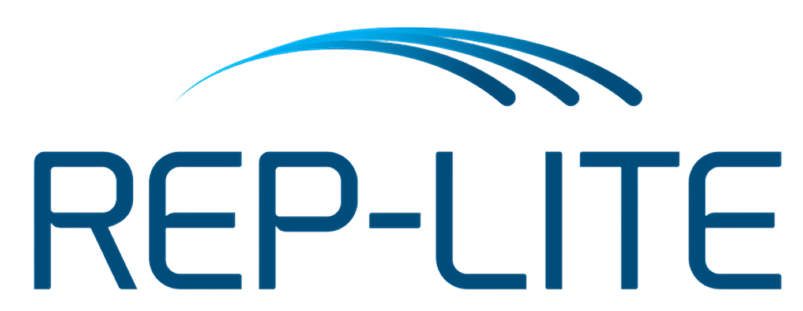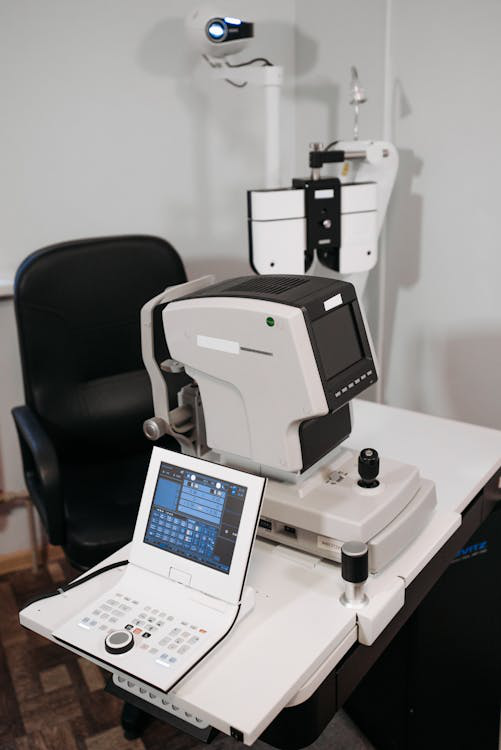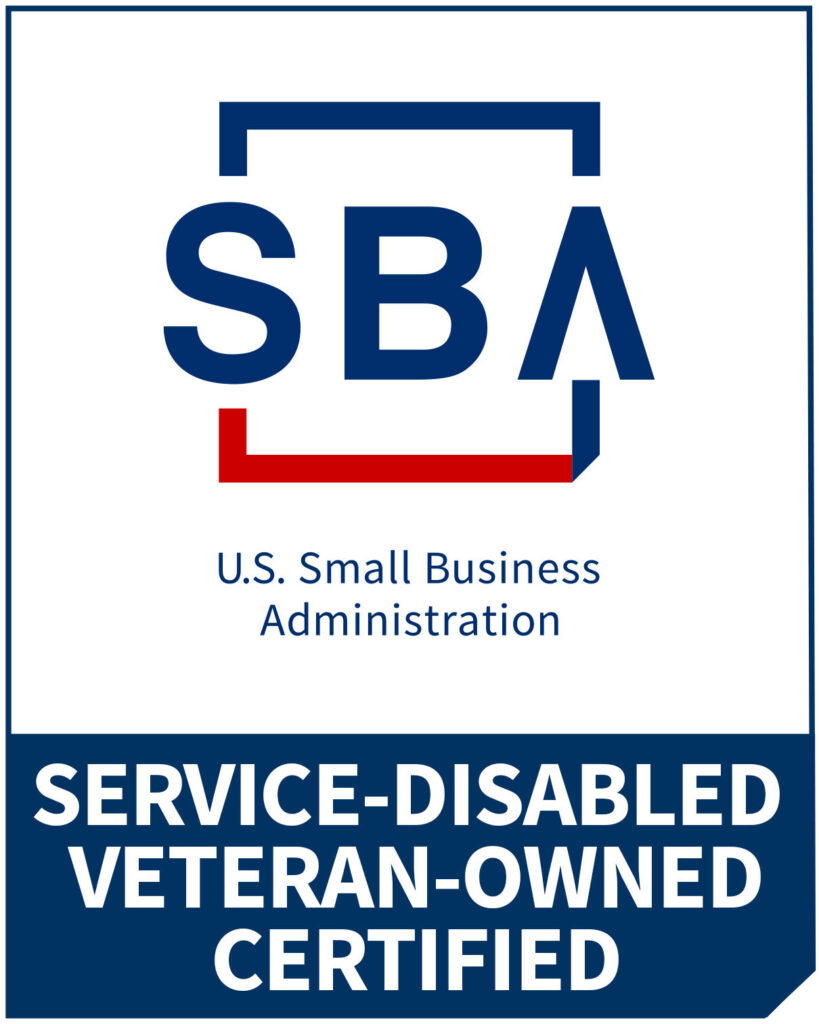As a pharmaceutical sales rep, you undergo a rigorous training program, develop strong relationships with healthcare professionals, and work tirelessly to meet sales targets. You also deal with the challenges of an ever-changing industry landscape, including stiff competition from generic drugs and strict regulation policies.
Despite these challenges, pharmaceutical sales reps play a crucial role in driving revenue for their companies and promoting life-saving medication to patients. With such high stakes involved, it’s only natural to wonder about the salaries of these dedicated professionals.
In this deep dive, we will explore how much do pharmaceutical sales reps make, the factors that influence pharmaceutical sales rep salaries and provide insights into what you can expect in terms of compensation in this field.
Definition and Role
A pharmaceutical sales representative, colloquially known as a pharma rep, is a professional who markets and promotes prescription drugs to medical providers. They are a pivotal link between pharmaceutical companies and the medical community, ensuring practitioners are informed about the latest medicines and treatments available. It is a challenging yet fulfilling career that requires excellent communication, relationship-building skills, and an in-depth understanding of medical products’ scientific aspects. Pharma reps usually work autonomously and have a flexible schedule, as their primary responsibility is to visit different healthcare practitioners’ offices to present the benefits of their company’s drugs.
Importance of Understanding Salaries
For those considering a career as a pharma rep, comprehending the average salary structure is crucial; it provides a benchmark for career progression and personal financial planning, while also reflecting the value of the role within the healthcare industry. It is important to note that pharmaceutical sales rep salaries can vary greatly depending on multiple factors, such as location, company size, and product specialization.
Factors Influencing Pharmaceutical Sales Reps’ Income
Several factors contribute significantly to a pharmaceutical sales representative’s income.
Experience and Expertise
Experience in the pharmaceutical sales industry often correlates with a higher rep salary. A seasoned sales rep, with several years of successful performance, has developed relationships with healthcare providers, and understands complex medical terms and drug benefits, honing their ability to sell effectively. Employers value this expertise and often compensate it with increased base pay, commissions, and bonuses.
Geographic Location
A rep’s geographic territory can greatly impact earnings. Typically, urban areas with larger populations and healthcare facilities offer more opportunities for sales, which can translate to higher potential earnings. Conversely, in rural areas, opportunities may be fewer, but competition might also be less, possibly allowing for higher individual sales success. Cost of living adjustments are also typically made, with reps in high-cost cities often receiving higher salaries than those in lower-cost regions.
Educational Background
A robust educational background is often seen as a foundation for a career in pharmaceutical sales. While a specific major is not always mandated, a bachelor’s degree in life sciences, business, or a related field can be extremely advantageous. Such educational credentials provide reps with a basic understanding of medical terminology, human anatomy, and physiology, as well as business and marketing principles, all of which are crucial when engaging healthcare professionals. Moreover, a higher degree or certifications related to pharmaceuticals or sales can give candidates a competitive edge in the market and a positive job outlook, signifying a dedication to their craft and an in-depth knowledge base from which to draw during complex sales interactions.
Company Size and Reputation
The size and reputation of a pharmaceutical company can significantly influence a sales rep’s career trajectory and earning potential. Large, well-established companies often have extensive product lines and substantial marketing budgets, which can provide reps with a diverse array of drugs to sell and greater resources for client engagement. Additionally, working for a reputable company can enhance a rep’s credibility when interacting with healthcare professionals, potentially leading to more successful sales transactions. On the other hand, smaller or lesser-known companies might offer reps the chance to assume larger territories, more autonomy, or faster career advancement, although with potentially fewer resources at their disposal. In either case, the company’s stature within the industry can have a direct impact on a rep’s marketability and long-term success.
Base Salary Components
The base salary for pharmaceutical sales representatives typically includes a fixed amount of income that does not vary with sales performance.
Fixed Salary Structures
A fixed pharmaceutical sales representative salary structure offers pharmaceutical sales representatives a consistent sum calculated on an annual basis and typically paid out in equal installments over the year. This salary acts as a financial foundation, reflecting the rep’s qualifications, such as their level of experience in the field, specialized knowledge, and academic background. In the pharmaceutical industry, the assurance of a fixed pharmaceutical sales rep salary is key, as it provides stability against the backdrop of fluctuating sales cycles and market conditions. However, the fixed salary is just one component of a rep’s compensation and does not account for the variations in income that can arise from sales performance.
Commission Structures
Commission structures serve as a powerful motivator for pharmaceutical sales reps by directly linking their performance to their earnings. Commissions are typically calculated as a percentage of the sales generated by the rep and can vary widely depending on the employer’s policies and the specific drugs sold. High-demand or high-priced pharmaceuticals may yield larger commissions, while more established drugs with steady sales might offer more modest commission rates. The variable nature of commissions means that a rep’s income can significantly increase if they effectively market their products and meet or exceed sales targets.
Bonus Structures
Bonus structures in pharmaceutical sales are designed to reward exceptional performance. Bonuses may be awarded for surpassing sales quotas, penetrating new market segments, or successfully launching new products. Often based on quarterly or annual assessments, bonuses incentivize reps to achieve short- and long-term goals and can be a substantial addition to the overall compensation package. These structures are typically tiered, with higher bonuses awarded to top performers, which not only enhances individual income but also fosters a competitive environment that can drive overall company success.
Average Base Salary in the Pharmaceutical Industry
According to the U.S. Bureau of Labor Statistics, the median annual wage for pharmaceutical sales representatives in 2020 was $97,340, with the top 10% earning more than $176,000 and the lowest 10% earning less than $57,330. It’s important to note that these figures can vary widely based on experience, geographic location, and the specific company a representative works for. Top performers in the industry may even see annual earnings exceed $150,000, underlining the lucrative potential of a career in pharmaceutical sales.
Entry-Level Salaries

It’s time to revamp your entry-level resumes because entry-level salaries for pharmaceutical sales representatives often serve as the initial stepping stone within the industry.
Starting Points for New Representatives
For those just embarking on a career in pharmaceutical sales, the journey typically begins with an entry-level position which includes a foundational salary and possibly commission structures. New representatives must often undergo intensive training programs that provide an in-depth understanding of medical terminology, product knowledge, and effective sales skills. During this phase, building strong relationships with healthcare professionals is paramount, as these connections can significantly impact future performance and opportunities.
Opportunities for Salary Growth
As pharmaceutical sales representatives gain experience and demonstrate success in their roles, the potential for salary growth increases substantially. This growth is often attributed to several factors:
- Performance-Based Raises: Reps who exceed sales targets may be rewarded with raises that reflect their high-performance level.
- Commission Gains: Successful sales often result in higher commission earnings, which can substantially increase total income.
- Promotion Opportunities: Career advancement can lead to higher-level positions with increased base salaries, such as sales manager or specialty pharmaceutical sales positions, which focus on selling higher-cost medications.
- Expanded Networks: Building a robust professional network opens doors to opportunities within and beyond the current company, facilitating career moves that come with significant salary enhancements.
- Continued Education: Pursuing continuing education or certifications in areas related to pharmaceutical sales can position a representative for specialized roles that command higher compensation.
Each of these avenues for job growth underscores the dynamic nature of the pharmaceutical sales industry, with dedication and performance directly influencing a representative’s career trajectory and earning potential.
Sales Performance Metrics and Incentives
To truly maximize your earnings as a pharmaceutical sales rep, it’s crucial to understand the impact of sales performance metrics on your compensation.
Advancements in Career and Income
Progressing in one’s career as a pharmaceutical sales rep involves not only an increase in income but also enhanced responsibilities and recognition. With each leap forward, whether by elevation to a senior role or transition into specialized fields within the pharmaceutical sector, reps are presented with the opportunity to deepen their expertise, widen their professional network, and elevate their stature in the industry. This progression is naturally accompanied by financial rewards, as representatives take on larger territories, manage key accounts, or lead sales teams. Each of these milestones marks a significant boost in the total pay, reflecting the higher stakes and impact of their work.
Top-tier Compensation Packages
The upper pharmaceutical sales reps receive top-tier compensation packages that are reflective of the immense value an experienced rep brings to the company. These packages are structured to attract and retain the best talent in the industry. A testament to their expertise, top-tier reps receive substantial base salaries complemented by performance bonuses that underscore their ability to exceed sales goals consistently. Moreover, these packages often include long-term incentives such as stock options or equity, ensuring that their interests align with the company’s success. For pharmaceutical sales reps, achieving this level is a result of a relentless pursuit of excellence and an unwavering commitment to delivering results.
Key Performance Indicators (KPIs) for a Pharmaceutical Sales Representative
Pharmaceutical sales reps are gauged on several Key Performance Indicators (KPIs) that identify their effectiveness and impact in the role. These KPIs may include the number of sales calls made, the conversion rate of calls to sales, and the ability to grow sales within existing accounts. Additionally, reps are assessed on their aptitude for opening new accounts, the volume and profitability of the sales they secure, and their success in launching new products into the marketplace.
Negotiating Salaries in Pharmaceutical Sales
When negotiating salaries for a pharmaceutical sales rep, it is essential to approach the dialogue armed with industry knowledge and a clear understanding of one’s own value.
Tips for Successful Negotiation
In the realm of pharmaceutical sales, negotiation is both an art and a science. Successful negotiation hinges on preparation, active listening, and strategic concessions. Representatives should start with a comprehensive understanding of the product’s clinical advantages and the client’s needs. It is advantageous to be articulate in expressing how your service can solve specific problems faced by the healthcare providers or institutions you are engaging with. Another vital aspect is the practice of empathy; understanding the perspective and constraints of the client leads to more productive discussions and sustainable business relationships.
Common Pitfalls to Avoid
Pharmaceutical sales reps must be wary of common pitfalls during negotiations that can jeopardize their success. One such pitfall is failing to fully understand the product or the market, leading to unrealistic claims that can undermine credibility. It is also crucial to avoid being too rigid on price or terms, as this can result in missed opportunities for finding mutually beneficial ground. Another error is neglecting to build rapport, which is essential in fostering trust and facilitating ongoing business. Finally, reps should steer clear of lacking a clear negotiation strategy, as this can lead to suboptimal outcomes or even total negotiation breakdowns.
Summary
Mastering the skill of negotiation is key to thriving in the competitive landscape of pharmaceutical sales. By preparing diligently, listening actively, and engaging empathetically, sales reps can navigate through complex negotiations effectively. Being mindful of common pitfalls and adopting a strategic approach will not only help in closing deals more successfully but also in building lasting partnerships with clients. Armed with these insights, pharmaceutical sales professionals are equipped to perform at their best, ensuring that they deliver value to both their clients and their organizations.
When it comes to sales reps, Rep-Lite is here to provide the guidance you need to land your dream job. Ready to take the next step in your career? Contact us today to learn more about how we can help you succeed in pharmaceutical sales.





















